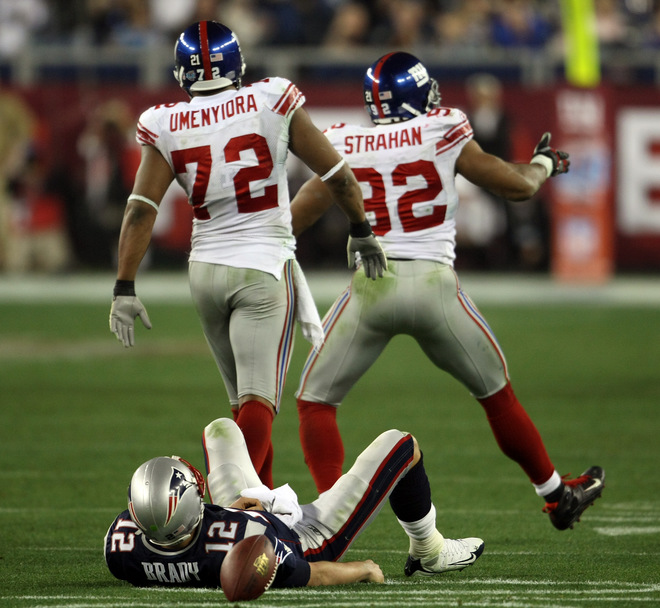"And now, Israel, what does the LORD your God require of you, but to fear the Lord your God, to walk in all his ways, to love him, to serve the LORD your God with all your heart and with all your soul, and to keep the commandments and statutes of the LORD, which I am commanding you today for your good? Behold, to the LORD your God belong heaven and the heaven of heavens, the earth with all that is in it. Yet the Lord set his heart in love on your fathers and chose their offspring after them, you above all peoples, as you are this day. Circumcise therefore the foreskin of your heart, and be no longer stubborn. For the LORD your God is God of gods and Lord of lords, the great, the mighty, and the awesome God, who is not partial and takes no bribe. He executes justice for the fatherless and the widow, and loves the sojourner, giving him food and clothing. Love the sojourner, therefore, for you were sojourners in the land of Egypt. You shall fear the LORD your God. You shall serve him and hold fast to him, and by his name you shall swear. He is your praise. He is your God, who has done for you these great and terrifying things that your eyes have seen..."
-- Deuteronomy 10:12-21
I could've thrown all of chapter 11 in there as well but I think this gets the point across. I love the book of Deuteronomy. To me, it always feels like a pep talk that a coach might give his players before a game. And in the context of the book, that's not too far off. Moses is preaching his final sermons to the nation of Israel, preparing them for battles that their parents weren't ready for. It's a book of encouragement.
But look at the nature of encouragement. Moses never talks about how good these people are or the good things they have done. He goes so far as to call them children of sinners, stubborn, disobedient and stupid in various ways. Moses does not puff up their egos, he deflates them. But he tells them to have confidence in God. And that I suppose is the big difference between feel-good psychotherapy and biblical encouragement. Psychotherapy invites us to look in and real, biblical encouragement invites us to look up.
In the passage above, Moses gives, what is to me, one of the greatest descriptions of God. God the just, the mighty and terrible. Too often, I believe the faith of modern Christians is weak and sickly because it lacks balance. God is only seen as doting Father or suffering Jesus. Where is the fierce wrath and anger? Where is the terror of justice? If the idea of God does not cause a part of us to tremble, to disintegrate in fear then I do not think we have a complete idea of God. But yet, Moses does maintain the balance. The mighty matchless God who is willing to slay every firstborn child, the God who smashes nations as if they were pottery, the great God of pure justice has set his heart on us, his love on us and the sojourner.
As small as the passage makes man, it also lifts him up. It sets a mountain of infinity before us and beckons us to climb. Only those who understand the beauty of the journey and the nearly-divine uplift of attempting great goals will understand why this unachievable task is uplifting.
This is real, authentic, meaty Biblical encouragement. This is what I need my friends to show me when I crawl through the darkness. This is my favorite book of the Bible.















